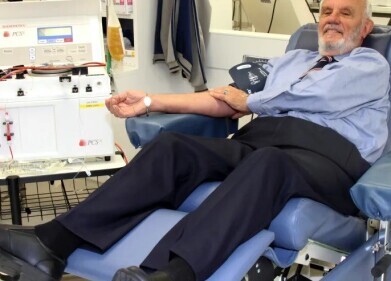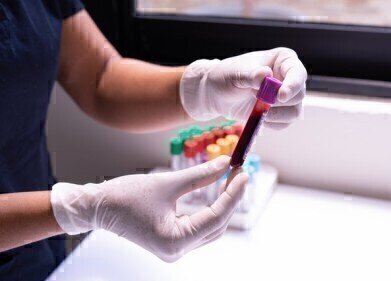Blood
Does the Area You Live Affect Blood Pressure?
Jun 08 2017
When it comes to health, there’s no denying that socioeconomic status is an influencer. And now, a new study backs this up with proof that housing locations have a direct impact on blood pressure. According to researchers, black adults moving from highly segregated neighbourhoods to less ‘ghettoised’ communities enjoy a drop in systolic blood pressure.
The findings add to growing evidence suggesting a tangible link between lack of resources in a string of predominately black neighbourhoods, and unfavourable health conditions among their residents. Common conditions include diabetes and heart disease, with obesity also pegged as a top offender.
Racial segregation meets science
The study was published online in JAMA Internal Medicine, with researchers spotlighting systolic blood pressure as a major socioeconomic variant. So how were results garnered? Together with a team of colleagues from Chicago’s Northwestern University Feinberg School of Medicine, epidemiologist Kiarri Kershaw examined data relating to cardiovascular disease in healthy adults aged 18 to 30. Participants were sourced from Chicago, Minneapolis, Oakland (California) and Birmingham (Alabama).
The team then examined blood pressure readings for 2,280 black participants, recorded six times over a 25 year period. Addresses were noted at the time of each reading, with neighbourhoods ranked on a scale of high, medium or low racial segregation. The results were enlightening.
Temporary moves to less segregated neighbourhoods resulted in a 1 millimetre mercury drop in blood pressure, while permanent changes of address saw a drastic drop of close to 6 millimetres for low-segregation neighbourhoods and 4 millimetres for medium-segregation neighbourhoods.
Social conditions vs segregation
The research is revealing, but critics were quick to point out that it’s social conditions, not segregation that fuels the trend.
Thomas LaVeist, a medical sociologist at DC’s George Washington University comments, “It’s the social conditions, not the segregation itself, that’s driving the relationship between segregation and blood pressure.” He wasn’t involved with the study, but muses that “Maybe hypertension is not so much a matter of being genetically predisposed.” Instead, he sees it as proof that racial health disparity can be fixed. “It’s not necessarily contained in our DNA; it’s contained in the social DNA,” he adds.
Kershaw agrees, commenting that racial segregation can impact every aspect of a community. From school quality and employment opportunities to full-service supermarkets and physical health, the ‘spill over’ effects of social discrimination are wide reaching.
High blood pressure is an issue that plagues the western world. To date, animals have played an integral role in helping scientists develop treatments. But now, a UK based charity is arguing otherwise. For anyone questioning the use of animals in a scientific research context, ‘Human Models for Human Disease: The Animal Replacement Centre of Excellence’ is a must read article.
Digital Edition
Lab Asia Dec 2025
December 2025
Chromatography Articles- Cutting-edge sample preparation tools help laboratories to stay ahead of the curveMass Spectrometry & Spectroscopy Articles- Unlocking the complexity of metabolomics: Pushi...
View all digital editions
Events
Jan 21 2026 Tokyo, Japan
Jan 28 2026 Tokyo, Japan
Jan 29 2026 New Delhi, India
Feb 07 2026 Boston, MA, USA
Asia Pharma Expo/Asia Lab Expo
Feb 12 2026 Dhaka, Bangladesh



















